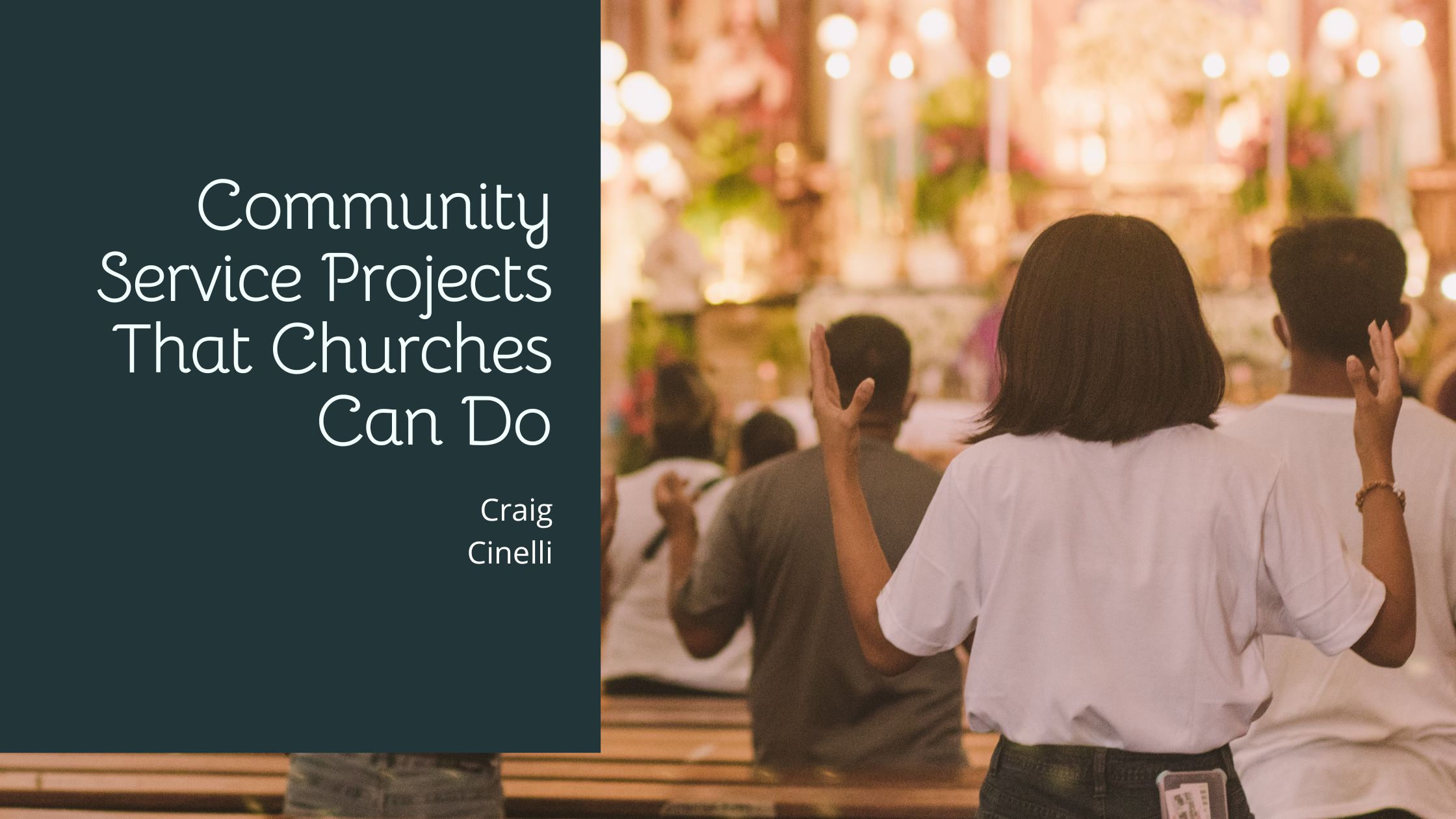Churches are not only places of worship but also important pillars in the community. Engaging in community service projects allows congregations to put their faith into action, address local needs, and foster stronger relationships with their neighbors. Whether large or small, churches can organize a variety of impactful service projects. Here are several meaningful ways churches can contribute to their communities.
Food Drives and Soup Kitchens
One of the most immediate needs in many communities is food security. Organizing food drives to collect non-perishable items or running a soup kitchen can help alleviate hunger for those in need. Churches can partner with local food banks to distribute donations and even prepare meals for the homeless and underprivileged. Hosting a regular meal service can provide consistent support to families struggling with food insecurity while also creating an opportunity for fellowship and connection.
Clothing Drives
Clothing drives are a simple but effective way to support people in need, especially during colder months. Churches can collect gently used clothes and distribute them to those who may not have access to adequate clothing. In addition to winter coats, shoes, and daily wear, churches can provide school uniforms for children or professional attire for adults seeking employment. Organizing a “free clothing closet” where people can come and pick what they need is another great option to serve the community.
Back-to-School Supply Drives
Education can be a game-changer in breaking the cycle of poverty, but many families struggle to afford basic school supplies for their children. Churches can organize back-to-school drives, collecting items such as notebooks, pencils, backpacks, and calculators. By ensuring children have the tools they need to succeed academically, churches can make a direct impact on the next generation. Hosting a school supply giveaway before the start of the academic year is a perfect way to support low-income families and create excitement about learning.
Community Clean-Up Days
A community clean-up day is a hands-on way for church members to make an immediate, visible impact. Congregants can work together to pick up litter in parks, along streets, or around schools. Churches can even adopt certain areas or highways, ensuring they remain clean year-round. Not only does this help beautify the community, but it also fosters a sense of pride and stewardship over the environment. It’s a great project for people of all ages to participate in and can encourage teamwork within the congregation.
Home Repair and Yard Work for Seniors
Many seniors or disabled individuals struggle with maintaining their homes due to physical limitations or financial constraints. Churches can organize volunteer teams to help with basic home repairs, painting, yard work, or even installing ramps for wheelchair access. Offering these services free of charge can significantly improve the quality of life for these individuals while also building relationships between church members and the broader community.
Visiting Nursing Homes and Hospitals
Visiting the sick, elderly, or those unable to leave their homes is a wonderful way for churches to extend love and compassion. Church members can visit nursing homes or hospitals, offering companionship, prayer, or even entertainment, such as singing or playing music. These visits not only brighten the days of those who may feel lonely or isolated but also remind them that they are cared for and valued. It’s a ministry of presence that can provide emotional and spiritual support during difficult times.
Hosting Job Fairs and Career Workshops
Churches can empower individuals by hosting job fairs or career development workshops. By partnering with local businesses or career coaches, churches can offer resume writing assistance, mock interviews, and even job placement opportunities. These efforts are particularly beneficial for individuals facing unemployment or underemployment, providing them with the resources and confidence needed to secure stable employment.
Mentorship Programs
Many children and teens in the community lack positive role models or mentors. Churches can create mentorship programs where adults volunteer to guide and support young people through challenges such as schoolwork, peer pressure, and life choices. These programs can offer crucial life skills, leadership development, and spiritual growth, helping young people build confidence and reach their potential.
Churches have a unique opportunity to serve their communities in a variety of meaningful ways. Whether providing meals, clothing, or companionship, these service projects allow congregations to live out their faith while making a tangible difference. By organizing and participating in these initiatives, churches can foster unity, address real needs, and become beacons of hope in their local areas.

